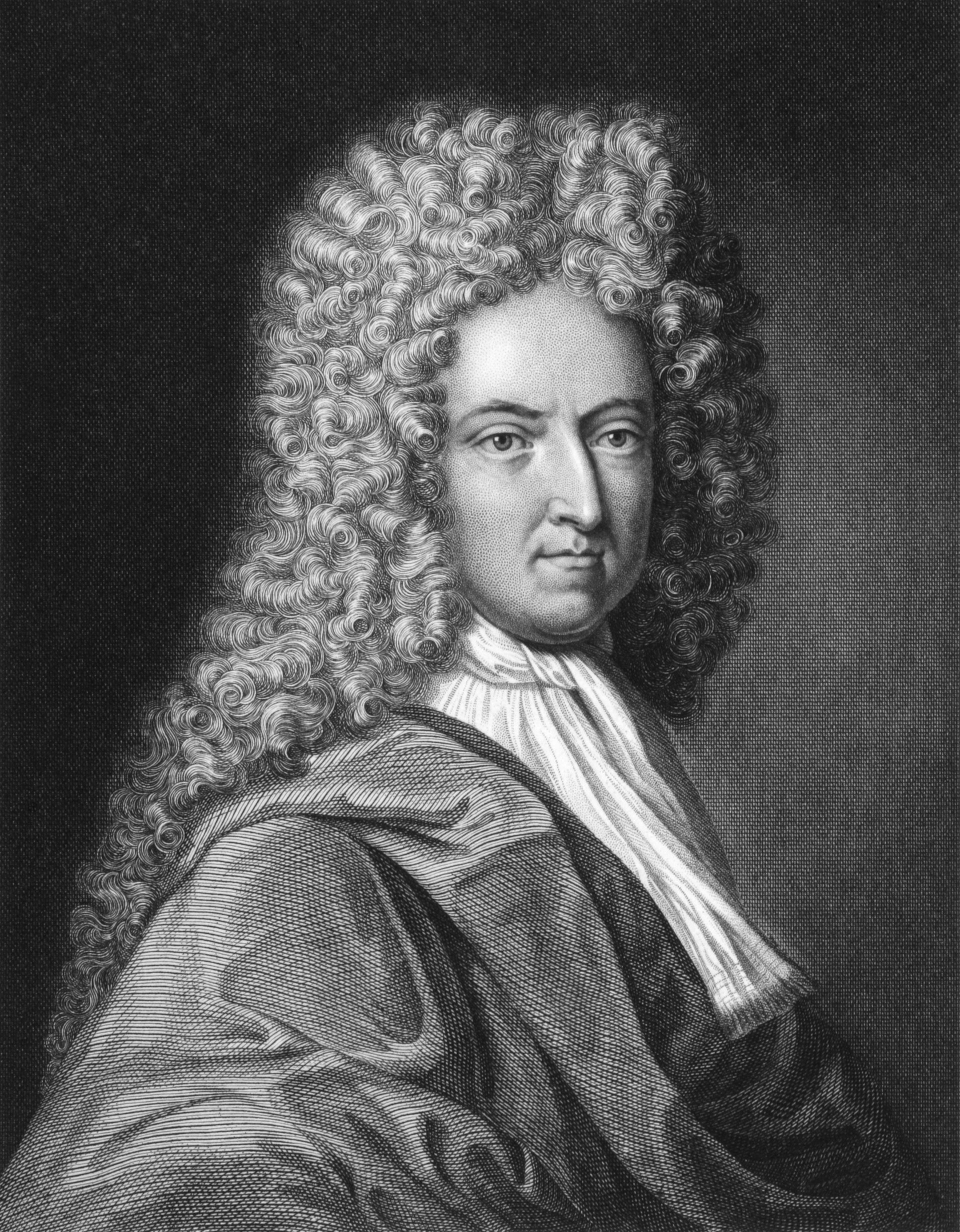

But when movement stops, as when Moll Flanders is held in Newgate Prison, then one has time for reflection and conscience. His life ran like his novels, in which movement seems constant. In 1730, he left home to hide from a creditor and died alone in a rented room. His failing finances continued to dog him. He also published over 500 works, ranging from poems to early novels.

He published articles in both Tory and Whig journals, articles for and against both parties. Defoe established a spy system for Robert Harley, a representative of Queen Anne’s government and became a double agent in service of England’s first Prime Minister, Robert Walpole.

Those in the pillory could suffer the mercy of the mob, or stoning, a fate that Defoe prevented by entertaining the gathered crowds with stories. This oblique attack on the Tories caused Defoe to be arrested, convicted of seditious libel, and sentenced to pay a fine, be jailed, and be pilloried for three days. Once he turned to writing, he wrote a number of propagandist pieces, including the parodic The Shortest Way with Dissenters. His finances saw fortune and loss, and his political appointments and activities became comparably checkered, or pragmatic. Governmental appointments, including his spying for William III and Mary II, floated him. His financial position was more precarious he declared bankruptcy in 1692 after failed commercial ventures and shipping losses. His political position became more stable upon the accession of William III and Mary II. Defoe may have escaped the ensuing Bloody Assizes (rebels’ trials) by fleeing abroad he certainly received a pardon in 1687.

In 1685, he joined in the doomed Protestant uprising of James Scott, 1 st Duke of Monmouth and illegitimate son of Charles II, against the Roman Catholic James II soon after Charles II’s death. In 1684, he married Mary Tuffley, the daughter of a wealthy merchant, who brought with her a considerable dowry. To find trade goods, he traveled extensively in Europe. Although expected to enter the ministry, Defoe began work as a hose-factor. There he studied not only the classics but also modern languages, geography, and mathematics. As a Dissenter, Defoe could not enter either Oxford or Cambridge, so he studied instead at the Reverend Charles Morton’s small college at Newington Green. He studied at the Reverend James Fisher’s school at Dorking, Surrey. \( \newcommand\)ĭaniel Defoe was born to James Foe, a tallow chandler and “auditor for the Butcher’s Company,” and Alice, who died when Daniel was eight.


 0 kommentar(er)
0 kommentar(er)
